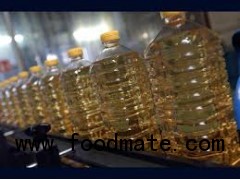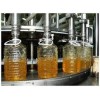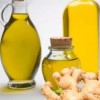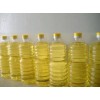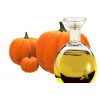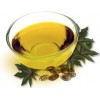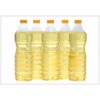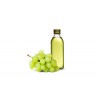Cooking oil is purified fat of plant origin, which is usually liquid at room temperature.
Raw materials: Some of the many different kinds of edible vegetable oils include: olive oil, palm oil, soybean oil, canola oil, pumpkin seed oil, corn oil, sunflower oil, safflower oil, peanut oil, grape seed oil, sesame oil, argan oil and rice bran oil. Many other kinds of vegetable oils are also used for cooking.
Nutritional value:The appropriate amount of fat as a component of daily food consumption is the topic of some controversy. Some fat is required in the diet, and fat (in the form of oil) is also essential in many types of cooking. The FDA recommends that 30% or less of calories consumed daily should be from fat. Other nutritionists recommend that no more than 10% of a person's daily calories come from fat. In extremely cold environments, a diet that is up to two-thirds fat is acceptable and can, in fact, be critical to survival.
Uses:Oil can be flavored by immersing aromatic food stuffs such as fresh herbs, peppers, garlic and so forth in the oil for a period of time. However, care must be taken when storing flavored oils to prevent the growth of Clostridium botulinum (the bacteria that produces toxins that can lead to botulism).


